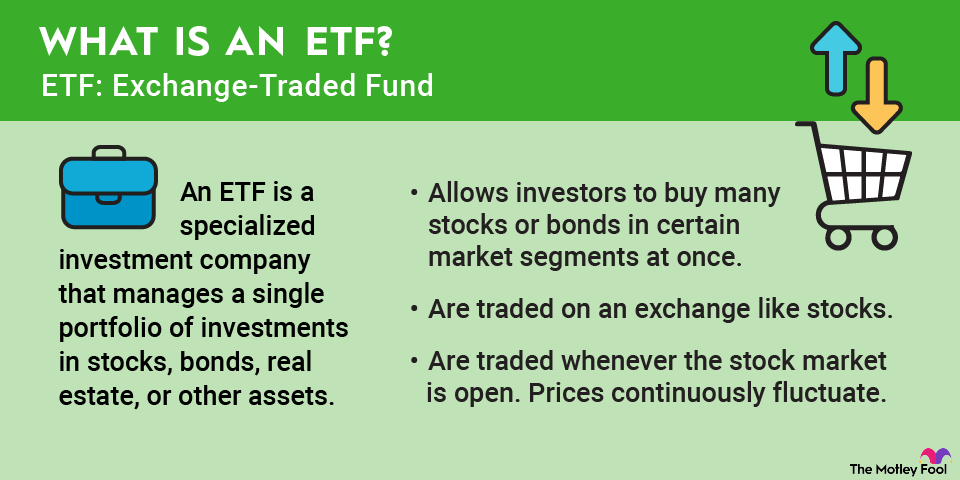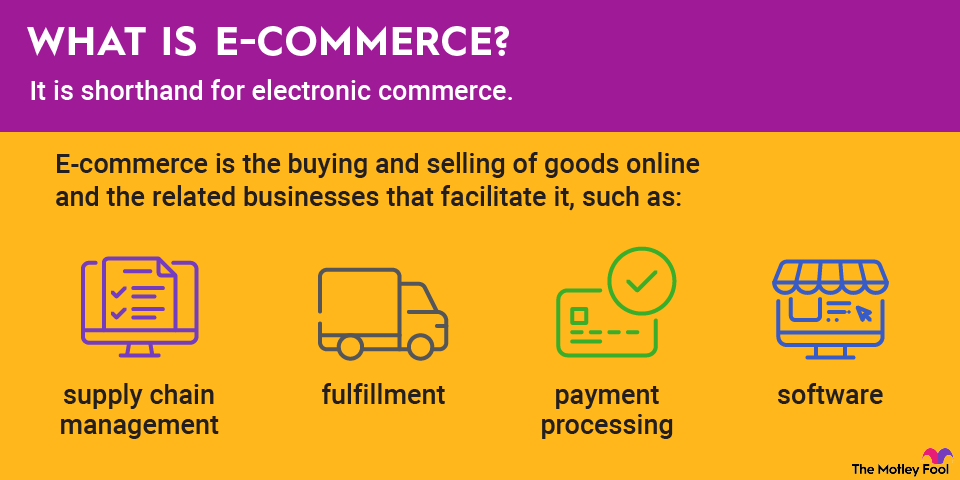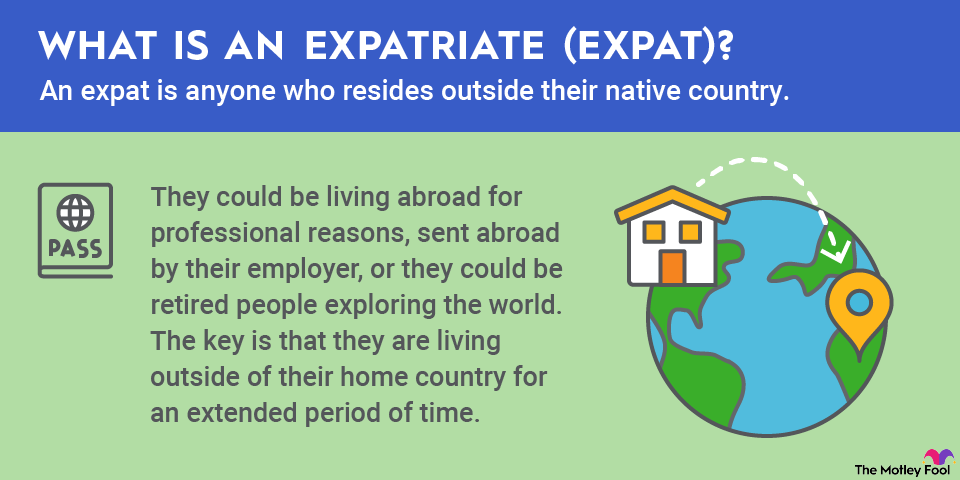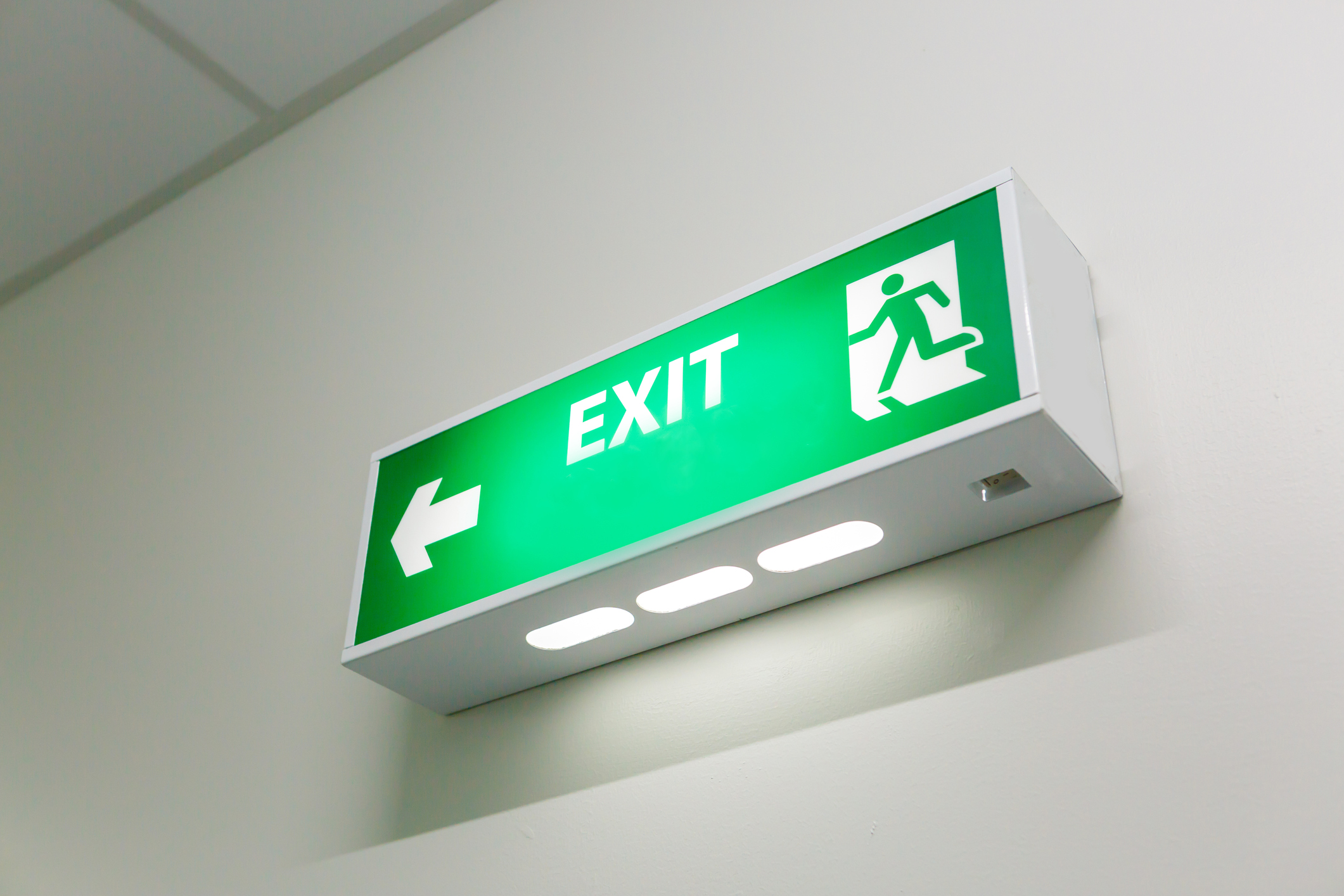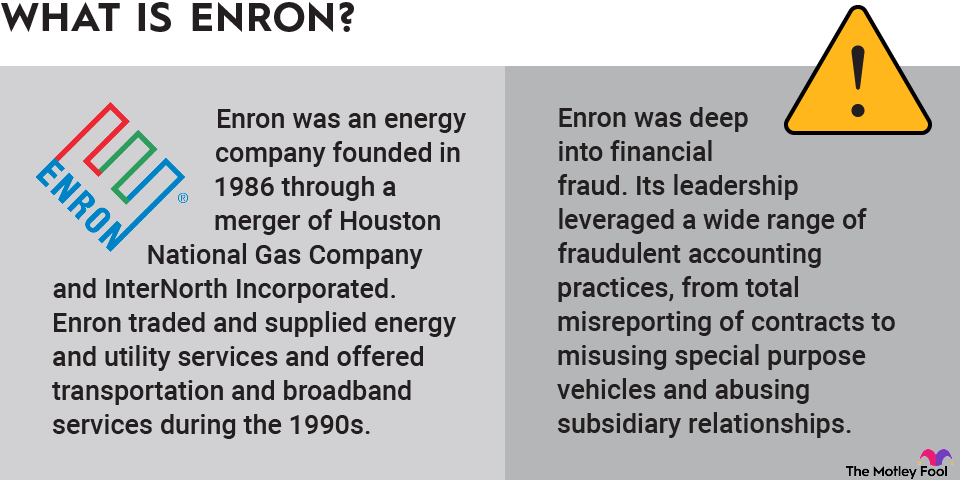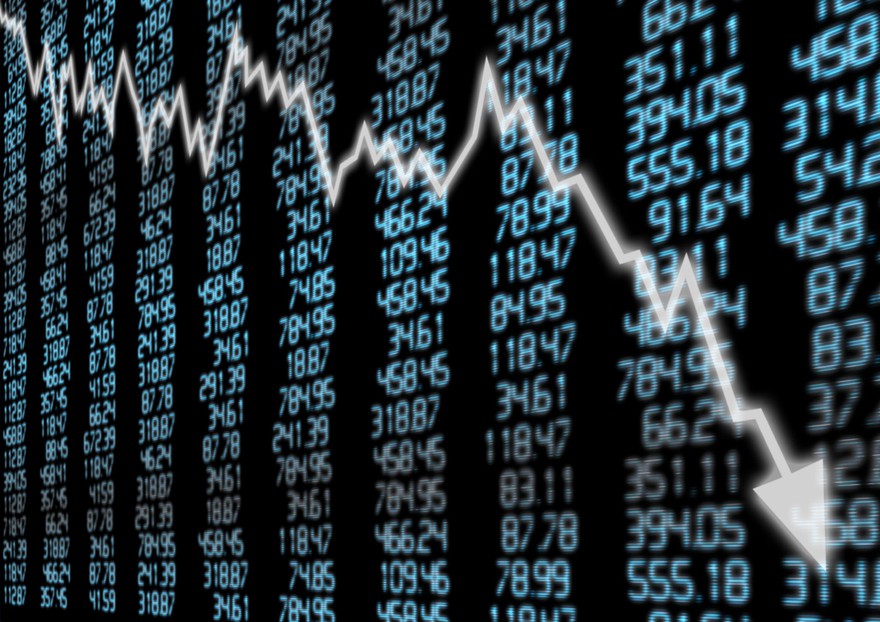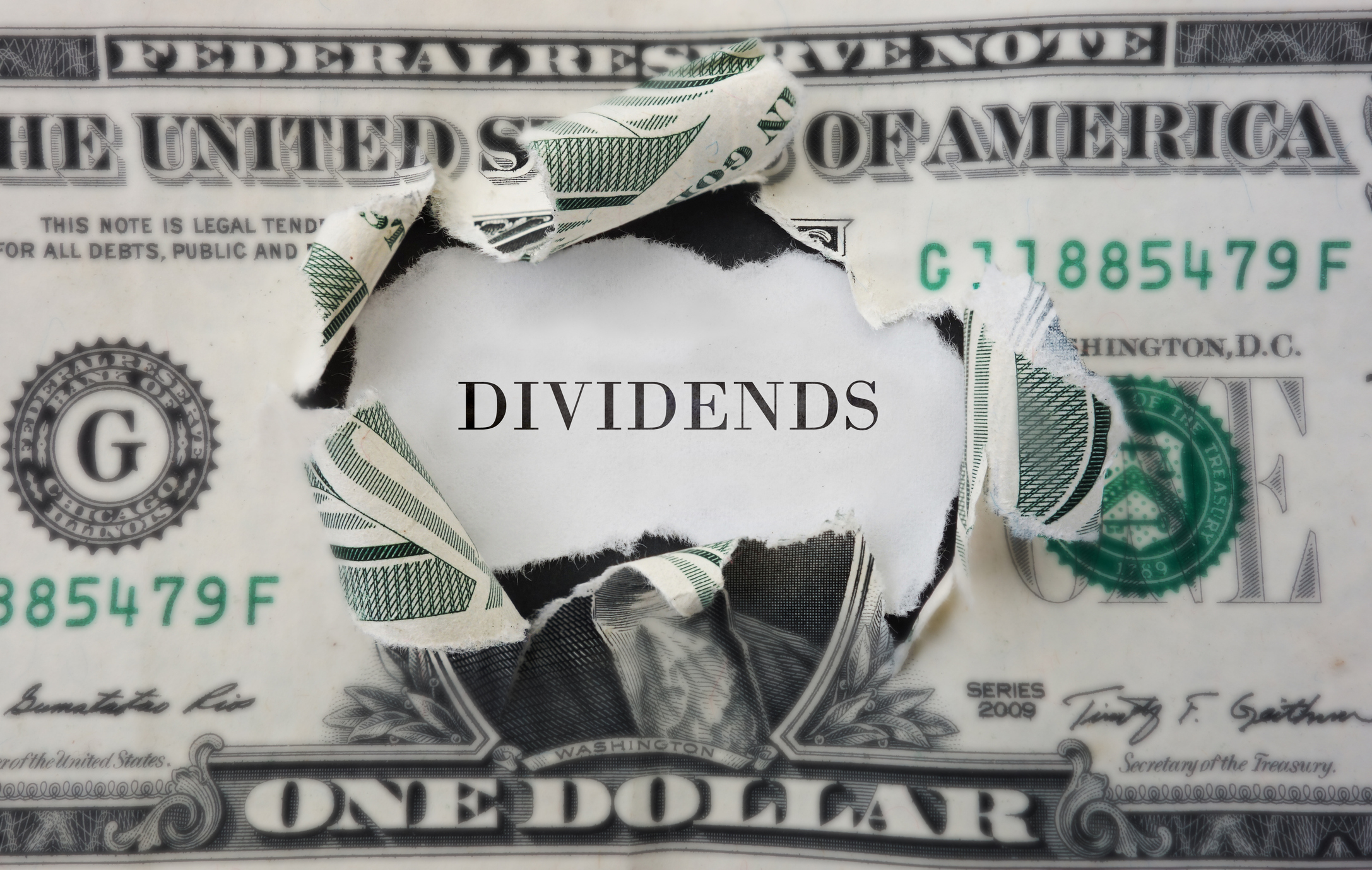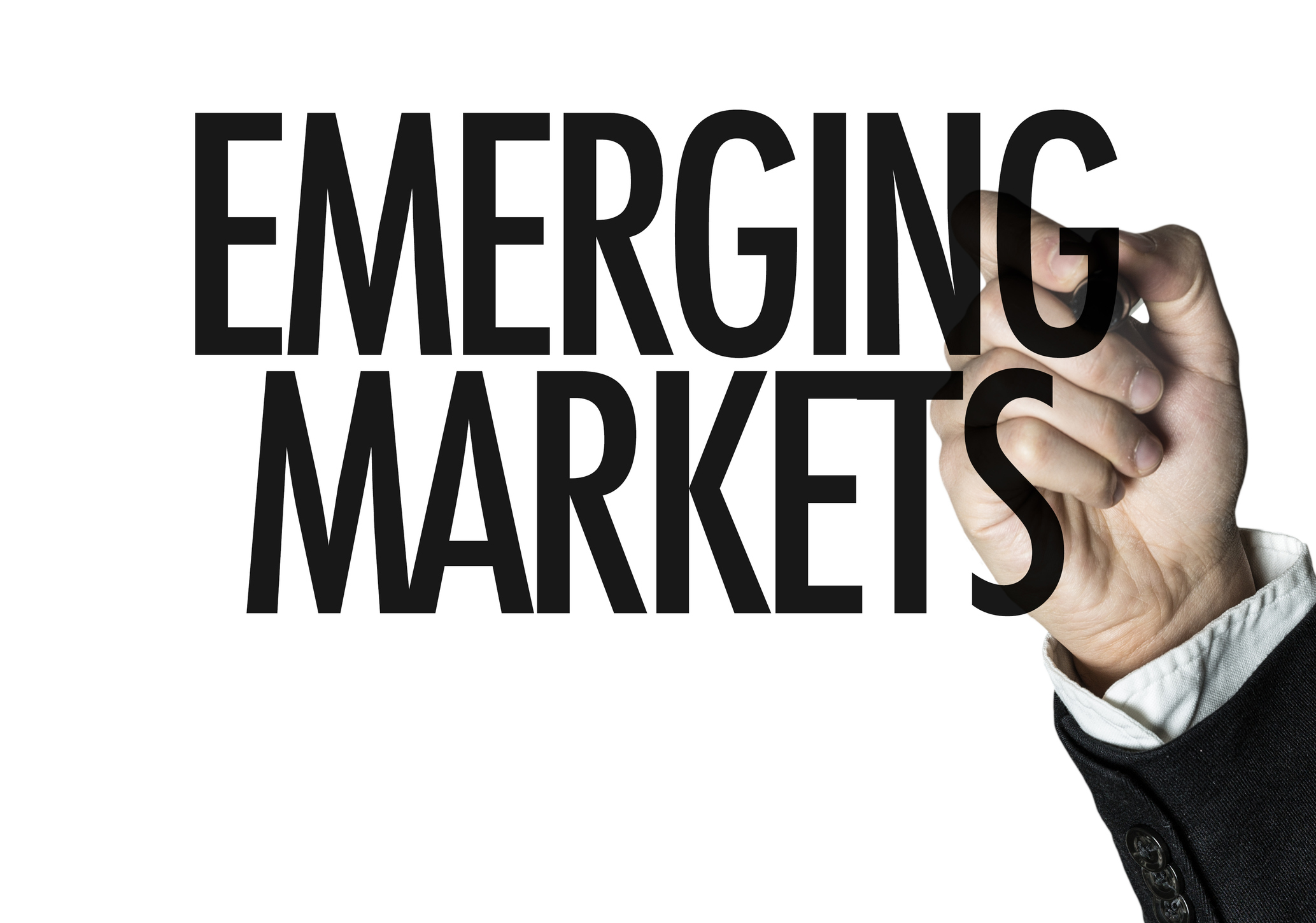Quarterly earnings reports are a highly anticipated event for stock investors because they reveal net income -- accounting profit -- for a company. Economic profit differs from net income because it subtracts opportunity costs, which are the profits forfeited by choosing one course of action over another.
Economic profit (or loss) is what remains after deducting both normal accounting expenses and the cost of pursuing one business strategy instead of another. If a company chooses the more profitable of two business options, then it accrues economic profit, and if it chooses the less-profitable option, then it incurs economic loss.
Regulators don't require economic profit to be calculated or disclosed, but understanding how it works can shed light on the decisions a management team makes, plus confer some lessons in personal finance.

How to calculate economic profit
Economic profit (or loss) can be calculated as revenue minus explicit costs minus opportunity cost. Explicit costs are all costs typically accounted for, such as labor expenses, materials costs, marketing, depreciation, and taxes. As previously noted, opportunity or implicit cost is the theoretical cost for a company of not pursuing a business option.
Let's say a steel manufacturing company owns raw steel it could sell for $1 million, or it could use the same raw steel to manufacture steel products, which it can then sell to consumers for $3 million. The company decides to manufacture steel products and earns $3 million, but it incurs expenses of $2.5 million.
The company's accounting profit is $500,000, and its economic profit is the accounting profit minus the $1 million in sales it could have earned by simply selling unfinished steel. Rather than accruing an economic profit, the company, at least in the short term, incurs an economic loss of $500,000.
Economic profit is best calculated over long time horizons because short-term economic losses often become long-term economic profits. The same steel manufacturing company could conceivably lower its production costs in subsequent years, which would turn the initial economic loss to a long-term economic profit.
If manufacturing steel products is expected to produce an economic profit for the company in the long term, than it would be acceptable to incur the short-term economic loss by forgoing the income from selling raw steel.
Economic profit vs. accounting profit
Accounting profit, better known as net income, is the money that remains in a reporting period after direct expenses such as labor, fixed expenses like rent, and non-operating expenses such as taxes and depreciation, are subtracted from revenue.
While accounting profit is calculated and used by investors, economic profit is more relevant for a company's management. Companies are required to report accounting profit, while opportunity cost assessments and resulting economic profit numbers are rarely revealed.
Related: Profit vs Revenue.
Related investing topics
Why economic profit is important
The best companies calculate economic profit to make informed business decisions and profitably allocate their resources. But because economic profit or loss is generally not disclosed, the metric isn't too helpful for deciding whether to buy a stock. Instead, investors should evaluate a company's management team and its track record of entering new markets to drive overall growth.
The same concept of economic profit management teams utilize can be useful on a personal level. For instance, you might use the economic profit concept to determine whether to start a business.
Let's say you expect a new business endeavor to generate $100,000 in year one, while it will only cost $80,000 to get started. Your accounting profit would be $20,000. However, in order to start the business, you would need to quit your full-time job and reduce to part-time hours, forgoing $50,000 in income in year one.
The economic loss to you would be negative $30,000 for the first year ($100,000 of revenue minus $80,000 of start-up costs minus $50,000 of lost income). You might decide to go ahead with this plan, though, if there are no other start-up costs after year one, your ongoing expenses significantly drop, and your revenue increases. The initial economic loss could become a long-term economic profit.
The same principle can be used in other ways when deciding how to spend or invest your money. Perhaps you have a choice between buying a new car with a warranty or a used car with no warranty. The new car has a higher up-front expense but lower maintenance expenses for a time, while the used car has a lower up-front purchase price but higher maintenance expenses. The same concept applies to buying or renting a home and investing money. Considering economic profit or loss can help you make better long-term financial decisions.
